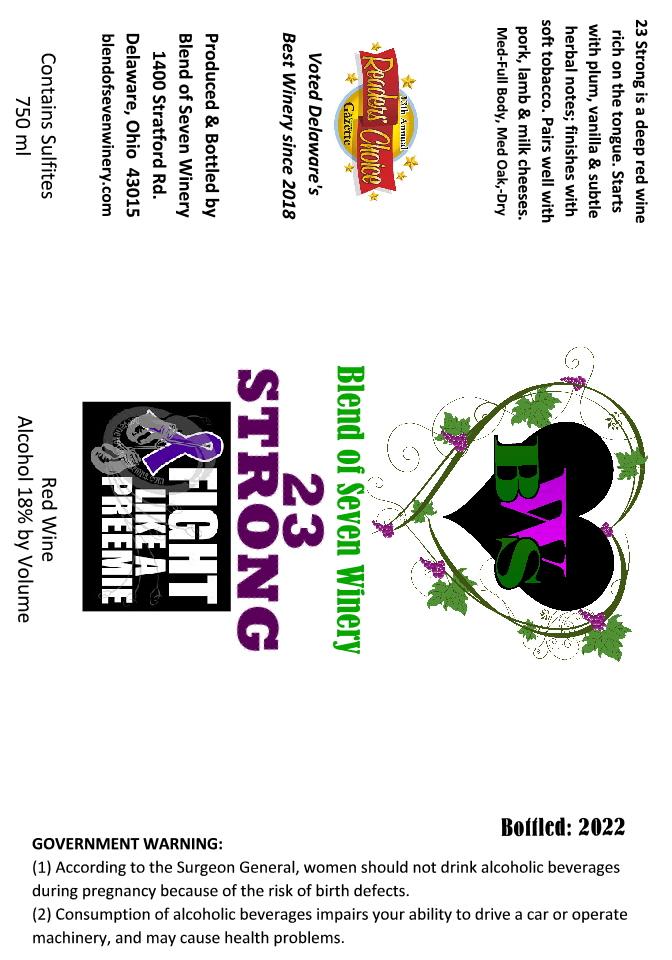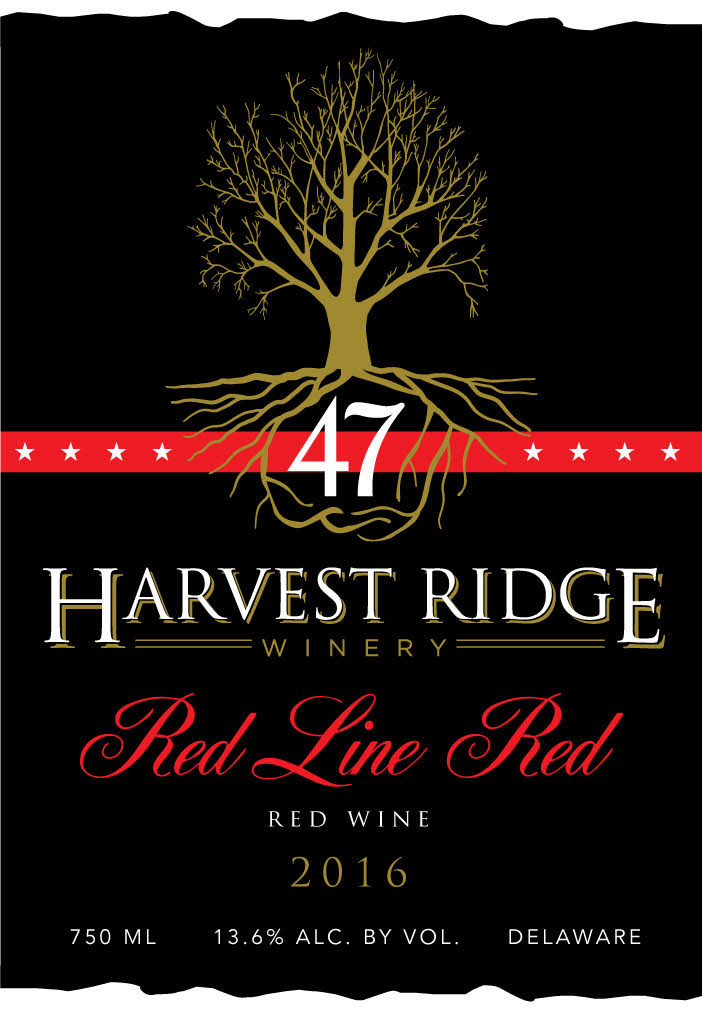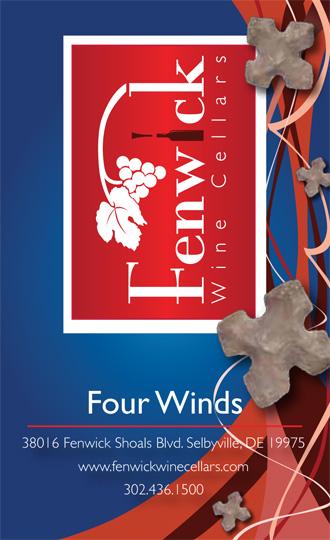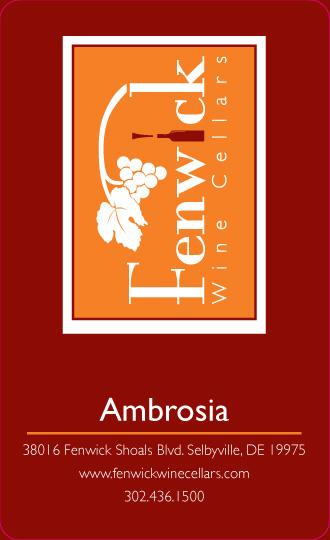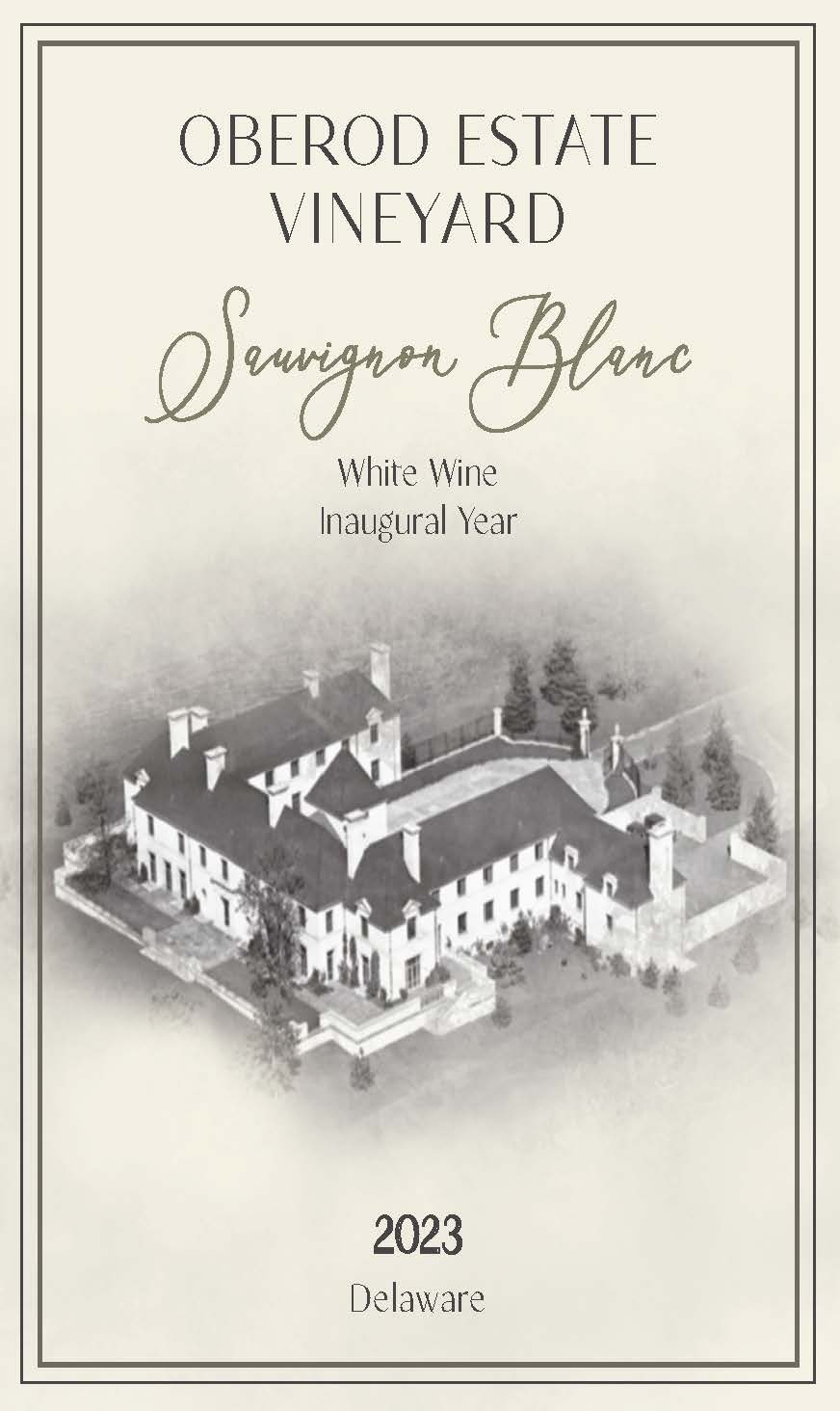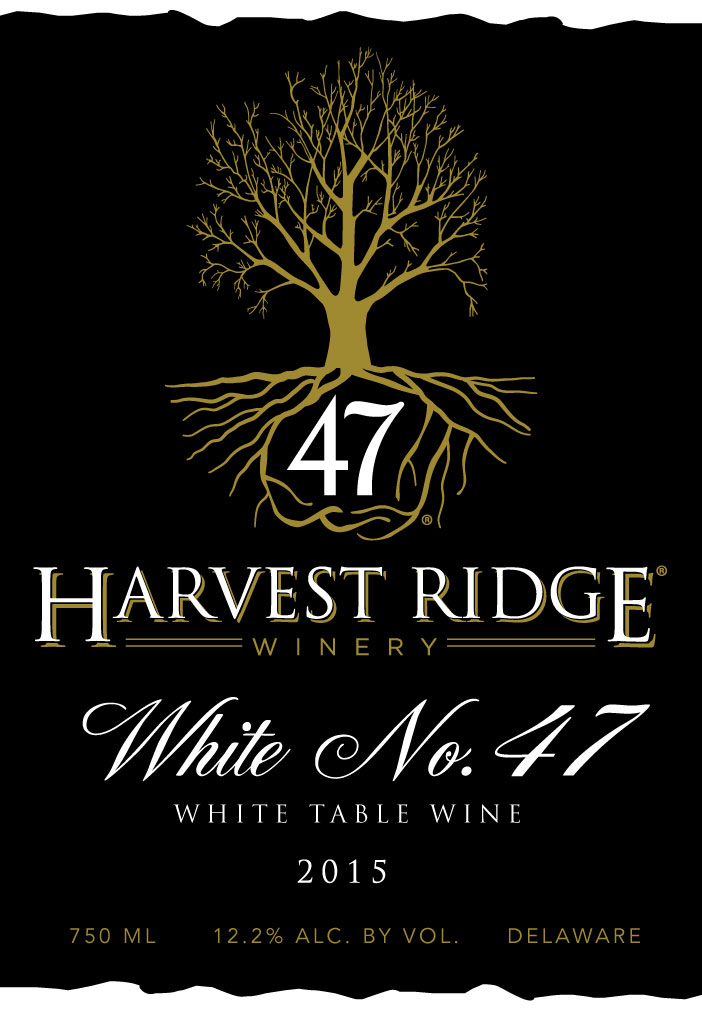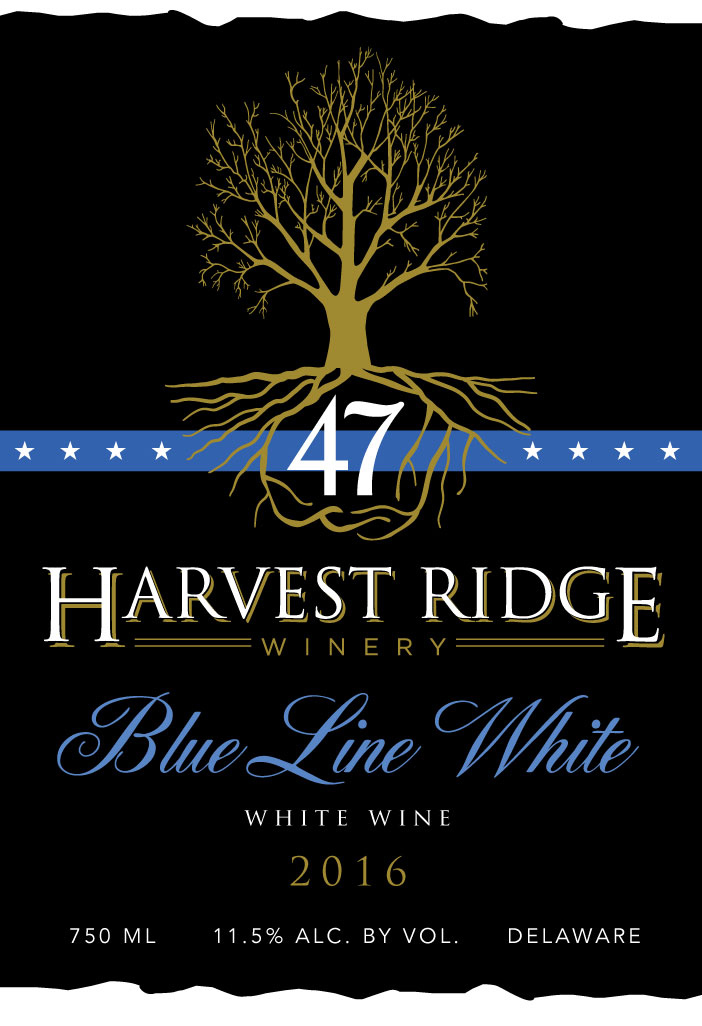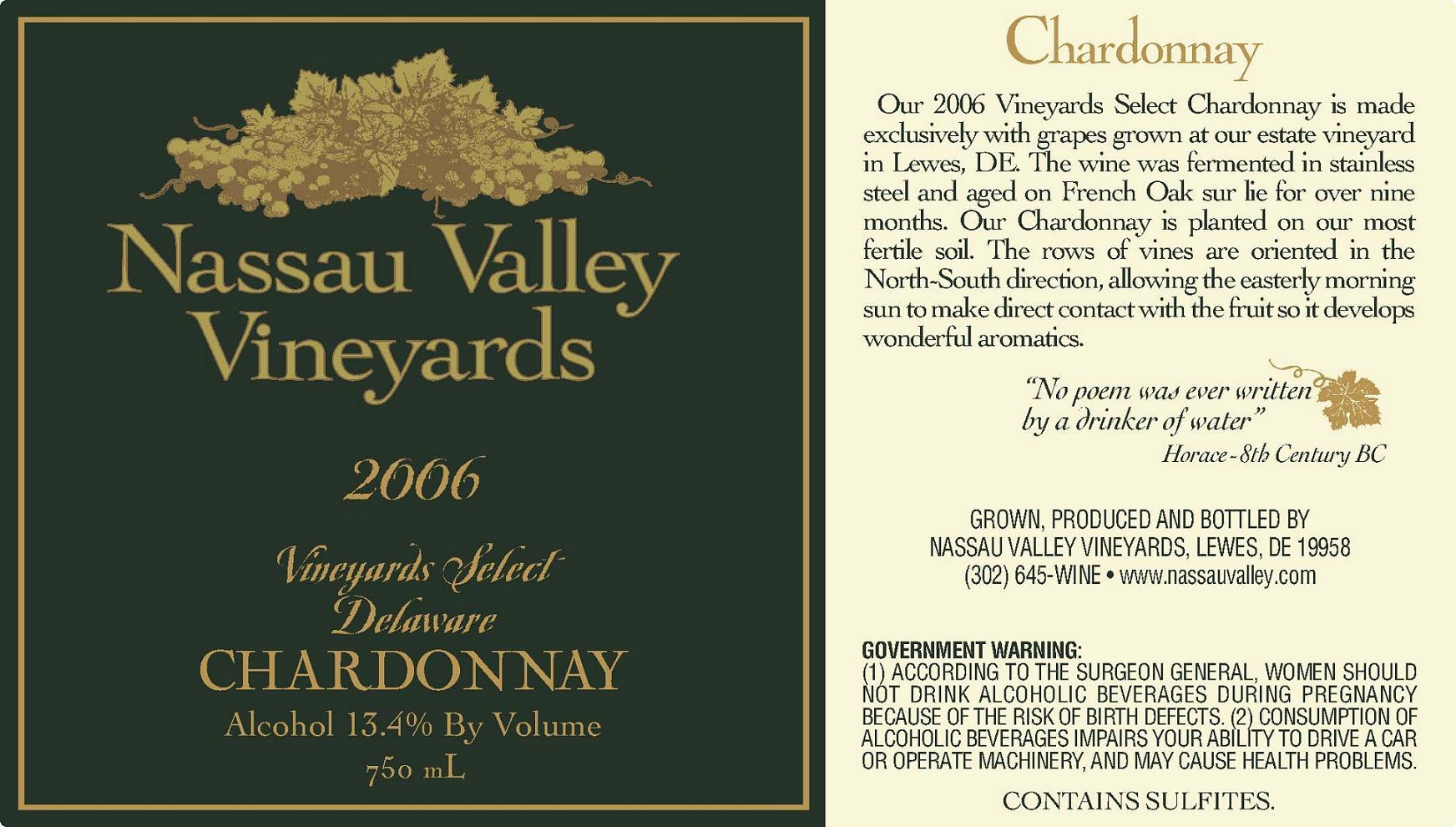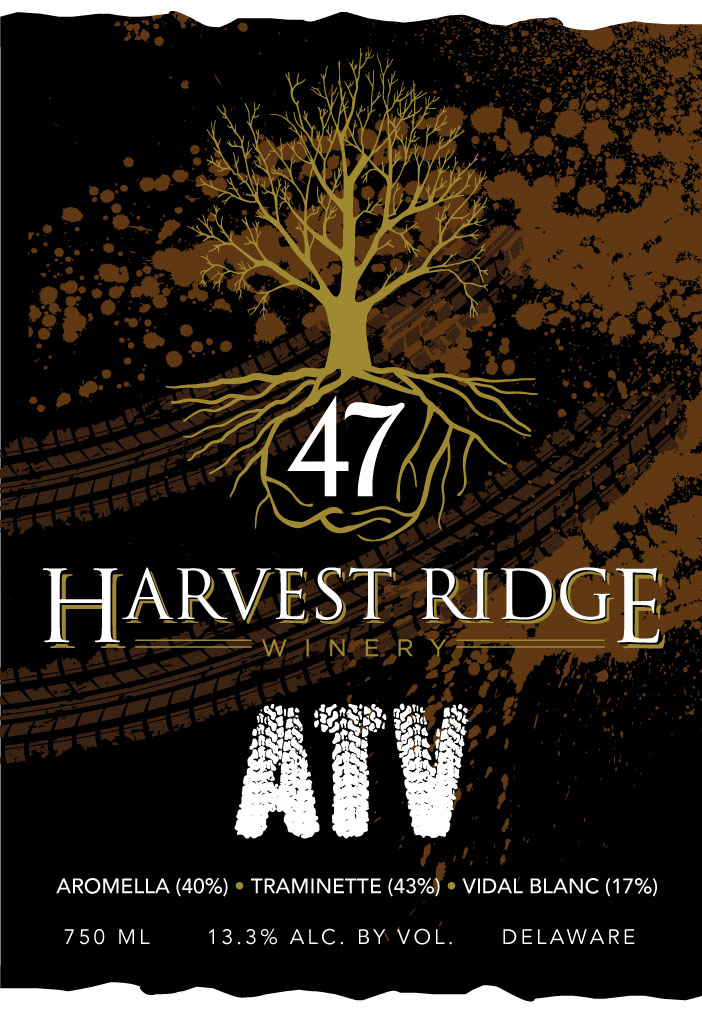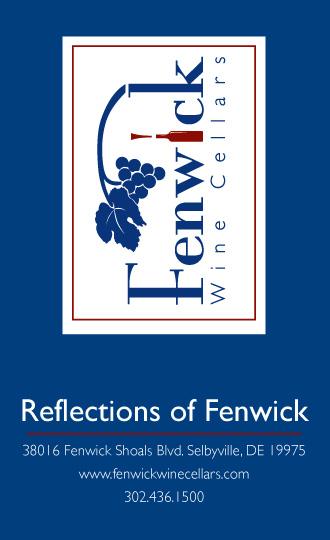Terroir of Delaware
Delaware's viticulture is influenced by its maritime climate, positioned between the Atlantic Ocean and Delaware Bay. This setting creates a temperate environment, protecting vineyards from harsh winter freezes and moderating summer heat. The region's sandy, well-drained soils, especially in Southern Delaware, are ideal for grape cultivation, allowing efficient water drainage, crucial for healthy vine growth.
The state's long growing season, lasting about 199 days, is perfect for ripening both classic Bordeaux varieties like Cabernet Sauvignon and Merlot and hearty hybrids. However, the abundant rainfall, approximately 45 inches annually, increases humidity and the risk of fungal diseases. Vineyard management practices are essential to mitigate these conditions, ensuring that Delaware's wine producers can continue crafting diverse and vibrant wines.
Notable Wineries in Delaware
Delaware's burgeoning wine industry is defined by a quartet of notable wineries, each contributing a distinct chapter to the state's vinous narrative.
Established in Lewes, Nassau Valley Vineyards stands as the pioneering force, renowned for its educational exhibits and diverse wine offerings.
Pizzadili Vineyard & Winery in Felton delivers a rich Italian heritage, celebrated for its estate-grown varietals and vibrant events.
Straddling the Delaware-Maryland border, Harvest Ridge Winery combines historical intrigue with a compelling range of wines and ciders.
Finally, Salted Vines Vineyard & Winery in Frankford embraces a modern coastal allure, drawing visitors with its lively events and unique wine slushies.
Together, these wineries embody Delaware's resilience and creativity, crafting a dynamic wine scene that's both a tribute to tradition and a testament to innovation.
Sustainable Winemaking in Delaware
Delaware's wine industry thrives on sustainability, focusing on practical solutions suited to its humid Mid-Atlantic climate. Though not formally certified, Delaware's vineyards adopt essential practices like canopy management to combat fungal diseases, ensuring healthy grape growth. By enhancing airflow and sunlight exposure, these methods reduce disease risks without heavy chemical use.
Cover cropping, using plants like grasses and legumes, prevents soil erosion and improves soil health, while integrated pest management encourages natural predators, reducing reliance on insecticides. Despite ample rainfall, efficient water management, such as drip irrigation, conserves water, crucial in sandy southern soils.
Social and economic sustainability also play key roles, with family-owned wineries supporting local communities through events and diverse business models. This holistic approach not only ensures Delaware's vibrant wine scene continues to grow but also aligns with increasing consumer demand for environmentally and socially responsible products.
Wine Tourism in Delaware
Delaware's wine tourism strategy highlights its transformation into an agritourism hub, seamlessly integrating with the state's coastal allure. The Delaware Beer, Wine, and Spirits Trail stands out, uniting wineries, breweries, and distilleries for a comprehensive exploration of the state. This initiative encourages visitors to engage with the region's offerings through a downloadable passport, enhancing the experience with rewards and adventures.
-
Wineries as Entertainment Hubs: Emphasizing fun and relaxation, Delaware wineries offer events like live music and festivals.
-
Coastal Vibe: Close to popular beaches, wineries create a casual, inviting atmosphere perfect for vacationers.
-
Interactive Visitor Experience: Tours and tastings at venues like Nassau Valley and Harvest Ridge add educational value.
-
Private Events: Venues such as Pizzadili provide picturesque settings for weddings and gatherings.



